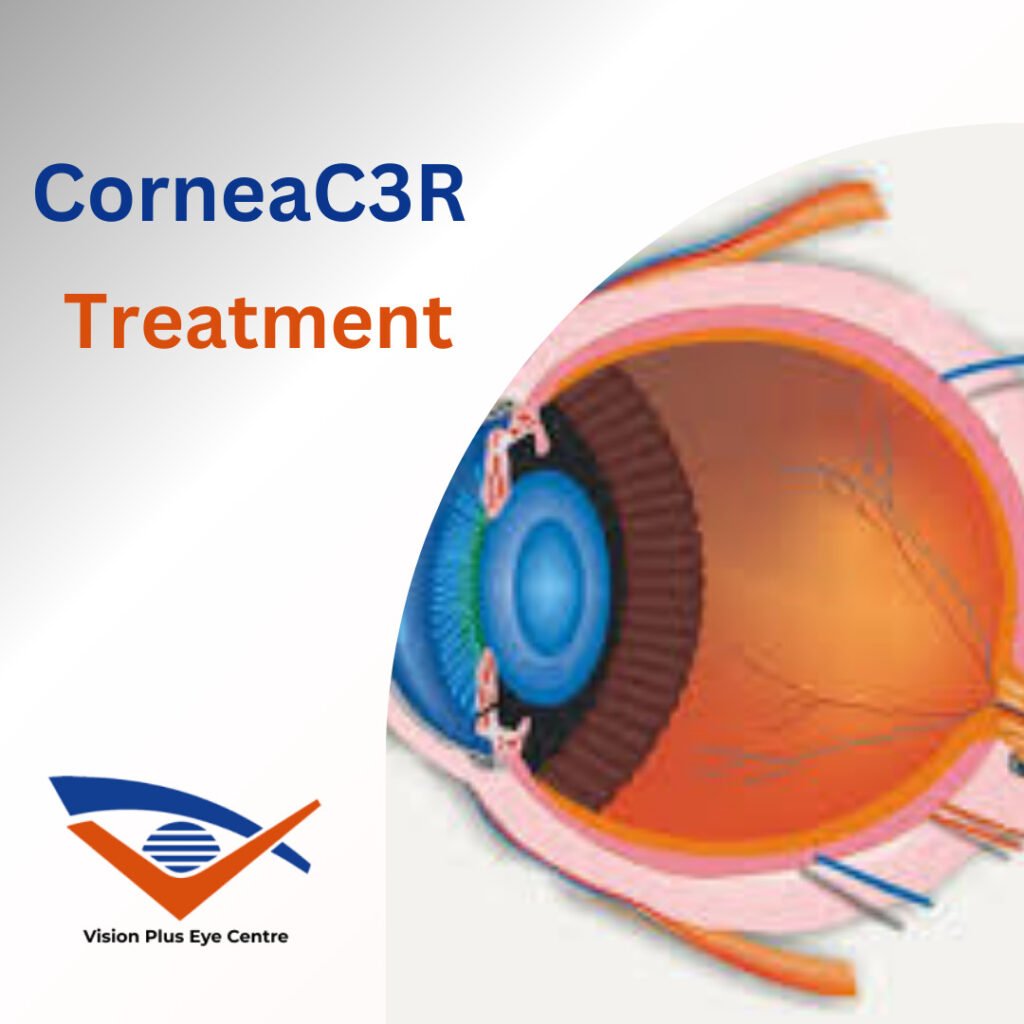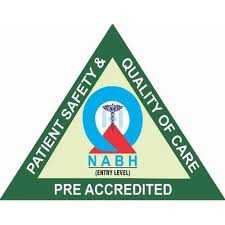
Your vision is a precious gift, and when it’s compromised by conditions like keratoconus, it can be a cause for concern. However, thanks to advancements in ophthalmology, treatments like Corneal Collagen Cross-Linking (C3R) offer hope for those dealing with progressive corneal disorders. In this in-depth guide, we’ll delve into the world of C3R and help you determine if you’re a suitable candidate for this vision-saving procedure.
Understanding C3R
Corneal Collagen Cross-Linking, commonly referred to as C3R, is a revolutionary procedure designed to halt the progression of corneal disorders. The cornea, the clear, front surface of your eye, is responsible for bending and focusing light. Conditions like keratoconus cause the cornea to progressively weaken, leading to an irregular shape and impaired vision. C3R aims to put a stop to this degeneration by fortifying the cornea through the application of riboflavin (vitamin B2) and ultraviolet (UV) light.
Who Stands to Benefit from C3R?
1. Keratoconus Patients:
- The primary candidates for C3R are individuals diagnosed with keratoconus. This condition is characterized by the thinning and bulging of the cornea, leading to distorted vision. C3R effectively stabilizes the cornea, preventing further deformation and preserving eyesight.
2. Progressive Corneal Ectasia:
- C3R is also recommended for those experiencing progressive corneal ectasia. This condition is akin to keratoconus, characterized by corneal thinning and bulging. If the ectasia continues to advance, C3R can effectively slow or halt its progression.
3. Post-LASIK Ectasia:
- In some cases, individuals who have undergone LASIK surgery may develop corneal ectasia as a rare complication. C3R is a valuable treatment option for stabilizing the cornea in such scenarios.
4. Pre-Refractive Surgery Precaution:
- For individuals considering refractive surgeries like LASIK or PRK, C3R may be recommended as a precautionary measure to strengthen the cornea before undergoing the procedure.
Who May Not Be Ideal Candidates for C3R?
While C3R has proven highly effective for many, it may not be the optimal choice for everyone. Here are some instances where C3R might not be the most suitable option:
1. Advanced Corneal Scarring:
- If the cornea has extensive scarring due to previous injuries or infections, C3R might not yield the desired outcomes.
2. Pregnant or Nursing Women:
- As a precaution, C3R is generally not performed on pregnant or nursing women due to potential risks associated with the riboflavin solution used.
3. Severe Allergies to Riboflavin:
- Individuals with severe allergies to riboflavin or related compounds may not be candidates for C3R.
4. Specific Eye Conditions:
- Individuals with certain ocular conditions or diseases might not be ideal candidates. A comprehensive pre-operative evaluation by an ophthalmologist is essential.
5. Unrealistic Expectations:
- Candidates should have realistic expectations regarding the outcomes of C3R. While it can effectively stabilize the cornea, it might not restore vision to a perfect state.
The Consultation Process
Determining your candidacy for C3R begins with a comprehensive consultation with an experienced ophthalmologist. This evaluation includes:
1. Corneal Mapping:
- Detailed corneal mapping helps assess the extent of corneal thinning and distortion, guiding the decision-making process.
2. Medical History Review:
- A thorough review of your medical history, including any previous eye surgeries or conditions, is crucial in assessing suitability.
3. Riboflavin Sensitivity Testing:
- Individuals with known allergies to riboflavin or related compounds may undergo sensitivity testing to determine if C3R is a viable option.
4. Discussion of Expectations:
- Your ophthalmologist will engage in an open conversation to ensure you have realistic expectations about the potential outcomes of C3R.
The Verdict: Informed Decision-Making
Corneal Collagen Cross-Linking (C3R) is a transformative procedure that has restored hope and vision for countless individuals dealing with progressive corneal conditions. However, as with any medical intervention, it may not be the right choice for everyone. A thorough evaluation by an experienced ophthalmologist is imperative in determining if C3R is the best option for your ocular health.
It’s important to remember that the information provided here is for educational purposes and should not replace professional medical advice. If you suspect you may benefit from C3R, consult with an ophthalmologist for a personalized assessment of your suitability for the procedure. Your vision is invaluable, and making informed decisions is the first step toward preserving and enhancing your eyesight.
Vision Plus Eye Centre specializes in identifying candidates for C3R treatment. Whether you’re dealing with keratoconus, progressive corneal ectasia, or seeking pre-refractive surgery precautions, our expert evaluations ensure that you receive the most suitable care. Your vision is our priority.
Call Now at 0120-2481481, 2480480 +91 88003 13134 or email us at info@visionplus.net.in.
Book an Online Appointment: https://visionplus.net.in/contact/

